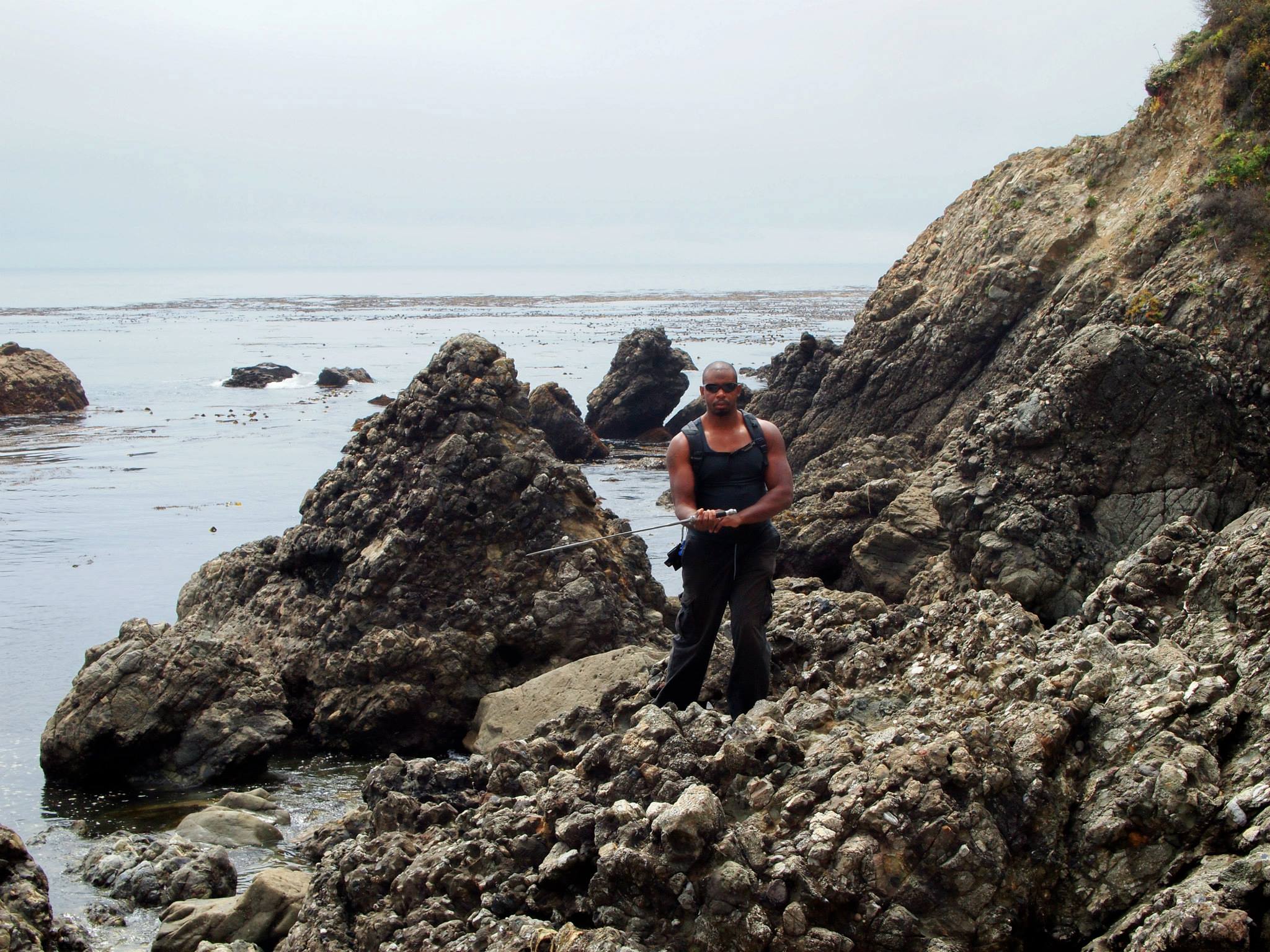âWell, Itâs Better Than Nothing.â – Training Yourself to Fail
What sparked this post is the saying, âWell, it’s better than nothingâ. This saying is an excuse used to make one feel better about failing. This is one of the worst things to actually believe. The meaning of this phrase is that one did something to the positive affect of the actions completed. But does that really even make good sense? Think about it this way; is taking out the trash halfway to the proper spot of placement better than nothing? Is turning in unfinished, below minimum work better than nothing? Doing a below minimum job is never better than doing nothing. When an action is completed ask yourself if what you did is something that if you consistently did things in that manner would raise you to your goals efficiently? The answer to that is always ânoâ. The reason I assert this is that when you look at the phrase, âWell, it’s better than nothingâ, from a mental health point-of-view, what one does when they believe in this ideology is they minimize their failure to properly prepare and execute the necessary/wanted action. This minimization accesses oneâs ability to believe a non-truth that can lead to the understanding that what they did was good, causing them to allow this happening to reoccur without fault or negative consequence. People fail to realize that this form of thinking lends itself to producing less than mediocre results. They fail to realize that it is okay to harshly criticize oneâs self for failing if it leads to a healthy realization that their lack of preparation is what they need to focus on in the future. Telling yourself that you did a passable job when you fail is harmful for your overall health and development. Rationally and critically managing and maintaining your well-being, thought processes and preparation tactics is healthy; it leads to positive and efficient growth.
Donât believe lies that allow you to take failure lightly. When training in Tai Chi Chuan, an instance that I encounter when studying, training and teaching is that people believe that because Tai Chi Chuan, in general, is practiced slowly, relative to other martial arts, there is very little necessity to diligently train and study. Many practitioners go to class thinking that if they can just follow along with the instructor that they will efficiently grow and develop proper skill. They believe that going to class is just enough and that is all that is necessary. To them, showing up to class is good enough and being able to follow along without properly focused thought is better than nothing. To them, they believe that if they can mimic the movements it is the same as them mastering the movement. Something that I tell them is, just because you can read the words on a page it does not denote that you understand what you just read. Proper study needs to take place. There is a respect for what it is you are doing that has to be present. There must be a standard you place on yourself, that if you fall below that standard you discipline yourself appropriately. Do not train with the idea of just coming in is good enough. Make sure you are always challenging yourself. Make sure you always hold yourself to appropriate standards that allow you to develop efficiently. If it is not challenging, it is not changing. And to me, that is one of the grandest pieces of evidence that the message of âWell, itâs better than nothingâ is a false message of progress.
People do not state, âWell, itâs better than nothingâ if what they did was something that actually challenged them. This is something that is stated when there was no challenge because of a lack of preparation and due diligence. I do believe that doing something that betters yourself is better than doing nothing to better yourself; however, rationalizing failure as success is never better than doing nothing. In the stead of saying and thinking that something that brought no productive challenge and no productive growth actually begat positive change, what one should do is face the fact that they failed due to their own inadequacies and challenge their self to execute more effectively in the future.
There are times that I set aside to practice my Tai Chi Chuan forms, and there are times that I do not properly prepare and spend less time on the forms than I had planned. In these cases I have self-disciplinary actions that I take. One thing that I do is note that what I just did was a failure. I recognize the fact that I did do something; however, I note that even though I did many good things it was not enough to call what I did a success. I liken it to taking a quiz or an exam. If one gets 4 out of 10 questions correct, and each question is worth one point, they still failed. No pats on the back for failure. Another thing that I do in my self-disciplinary action is remove time from things, that for the most part, are leisure activities and add that time to the time that I schedule for future training; making even more time for training in the future. Doing so, adding time to future training/ studying sessions, allows me to do the repetitions that I missed during my failure. Once again, likening this to taking a test or quiz, make time for more study in the future to be able to sufficiently review what was missed. Too often the miscued message of âWell itâs better than nothingâ leads to the idea of, âWell now that I know that I missed it, Iâll get it right the next timeâ, and then people donât study what they missed. They just move on to the next time, not adding extra time to study what it was they missed. When they fail again they are surprised that they missed the same question again.
Just showing up is not good enough. Doing something is not always better than doing nothing. When you fail, when you falter, you have to do even more work than what you previously planned to catch-up, and then even more work to properly and positivity progress. If you rationalize failure as success you will train yourself to fail. Donât train yourself to fail.
For more information Winstonâs his martial arts academy please visit Internal Magnification.
Winston Price, Executive Producer, has over a decade and a half of marketing, advertising and public relations experience. He began his business career in 1995 and is a graduate of Indiana University Bloomington. Winston also is a master martial artist and personal trainer with over 2 decades of knowledge and experience. Winston runs his own school, Internal Magnification Martial Arts, where he focuses on helping people reach their personal goals of health and fitness via At-Home personal training with martial foci of Taekwondo, Tai Chi Châuan, Hapkido and Ba Gua Zhang. As an executive producer for VoiceAmerica, Winston utilizes his skills in business and personal training to help new and existing hosts maximize their opportunity with the VoiceAmerica Talk Radio Network by supporting his hosts with the business and personal aspects of creating and developing their show. Winston believes that each host brings their own flavor to the Network. By properly coaching and motivating his hosts, they are able to produce THEIR show with THEIR style and THEIR passion being at the forefront of every broadcast.





